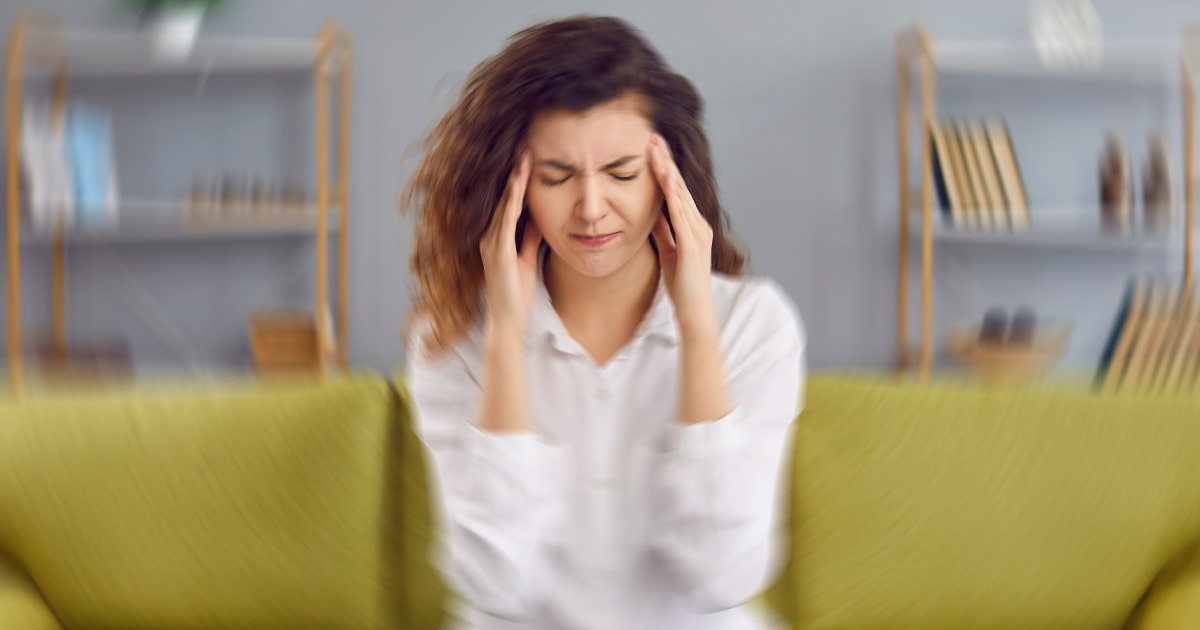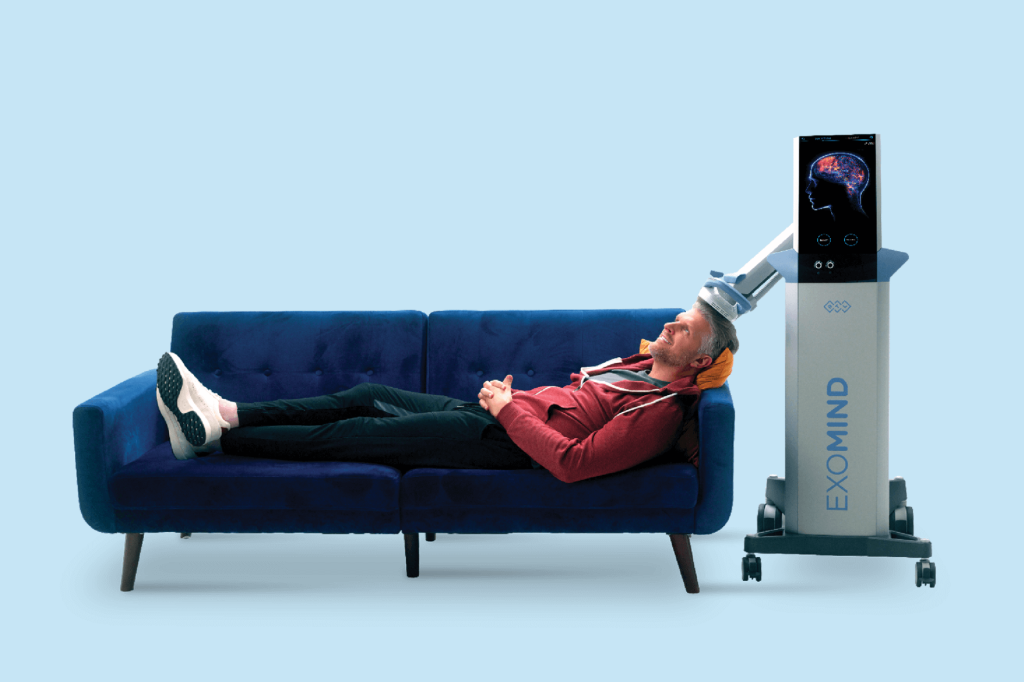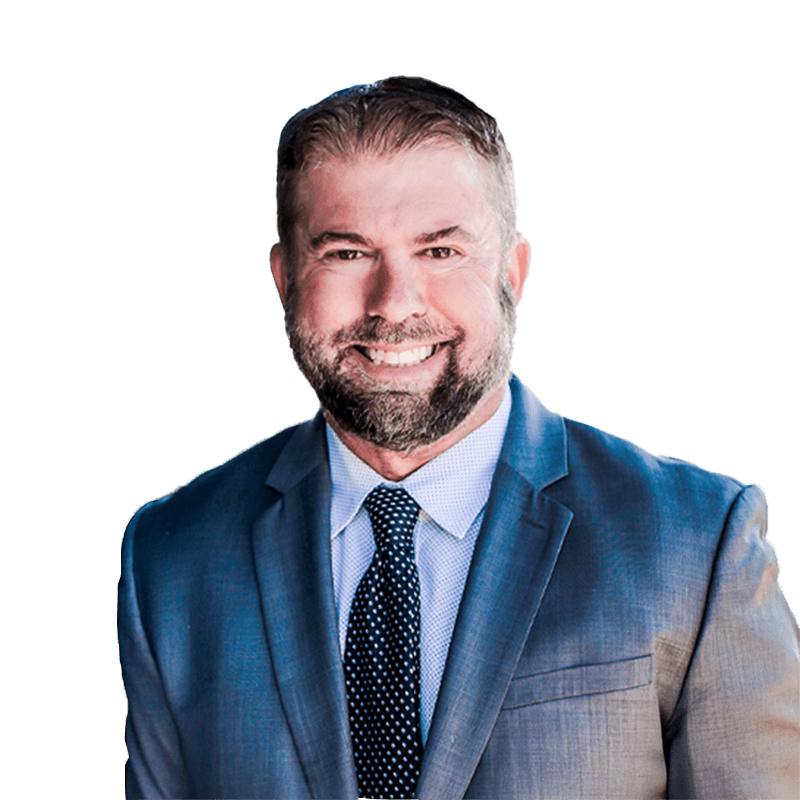
Navigating Unexpected Symptoms After a Concussion: Could It Be POTS?
After experiencing a concussion, many patients expect certain symptoms like headaches, dizziness, and sensitivity to light and sound. However, some patients have reported that weeks after a concussion, they started feeling lightheaded after standing up, rapid heartbeats, and extreme fatigue. These symptoms fall under a condition called Postural Orthostatic Tachycardia Syndrome, or POTS.
What is POTS?
POTS is one form of dysautonomia, a disorder of the autonomic (involuntary) nervous system, which causes decreased blood flow to the brain. We diagnose POTS using a standing, or tilt table test, measuring changes in heart rate and blood pressure.
Can POTS Be Caused by Trauma?
Yes, trauma can cause POTS. According to the study Activity and Exercise Intolerance After Concussion, 11.4% of people diagnosed with POTS reported symptoms within three months of sustaining a concussion. And a study about POTS following traumatic stress suggested that traumatic stress can lead to disturbed heart rate control and an alteration in autonomic balance.
This disruption to the autonomic nervous system can be particularly challenging because it adds a layer of complexity to the concussion recovery process, making it essential to recognize and address these symptoms early.
How Functional Neurology Can Help
Functional neurology treatment can complement a conventional medical approach to POTS treatment. While traditional medicine might focus on medications to manage heart rate and blood pressure, functional neurology looks at the underlying issues and aims to restore balance in the nervous system through non-invasive therapies.
Comprehensive Evaluation: A functional neurologist will thoroughly evaluate the extent of the autonomic dysfunction. This includes detailed history-taking, physical examinations, and sometimes specialized tests to pinpoint areas of the nervous system that are affected.
Individualized Treatment Plans: Based on the evaluation, a personalized treatment plan is developed. This might include specific exercises to improve autonomic function, balance training, and visual-motor exercises designed to enhance the brain’s ability to regulate heart rate and blood pressure.
Lifestyle and Dietary Recommendations: Functional neurologists often incorporate holistic approaches, recommending dietary changes that support nervous system health, proper hydration, and lifestyle adjustments that can help manage symptoms more effectively.
Ongoing Support and Monitoring: Recovery from POTS, especially when linked to a concussion, can be a lengthy process. Functional neurologists provide continuous support and regularly monitor progress, adjusting treatment plans as needed to ensure the best possible outcomes.
Success Stories: Functional Neurology in Action
Many patients seek the help of Neurohealth Services after experiencing ongoing symptoms after a concussion. Through our advanced treatment technology and ongoing support, they have seen significant improvement. Read testimonials from Neurohealth patients who have regained their energy and independence after concussion treatment.
POTS After Concussion?
If you’re experiencing unusual symptoms following a concussion that don’t seem to fit the typical concussion profile, it’s crucial to consider the possibility of POTS. Understanding this condition and seeking appropriate care, including the support of a functional neurologist, can make a significant difference in managing and reducing symptoms. By addressing the root causes and supporting the brain’s natural healing processes, functional neurology offers hope and a path toward recovery. Call (317) 848-6000 or contact us to schedule a free 10-minute phone consultation.
NEAUROHEALTH SERVICES
Get back to feeling like yourself naturally. Natural treatment for neural and chronic pain.
CATEGORIES
Recent Articles
ExoMind™ : A New Era of Brain Health & Recovery
Introducing ExoMind™ at NeuroHealth Services: A New Era of Brain Health & Recovery By Dr. Brad Ralston,…
Understanding the Brain’s Cognitive Landscape: The Areas of the Brain and Their Processes
On the NeuroHealth Blog, we’ve explored a range of the common symptoms we treat at Neurohealth Services,…
How Does Functional Neurology Treat Vestibular Disorders?
Many of the conditions we treat at Neuroheatlh Services involve disorders of the inner ear or the…
Is Neurorehabilitation for you?
NeuroHealth provides neurorehabilitation for all ages, specializing in treatment for vertigo, migraines, post-concussion syndrome, and other neurological disorders. Contact our office today.




